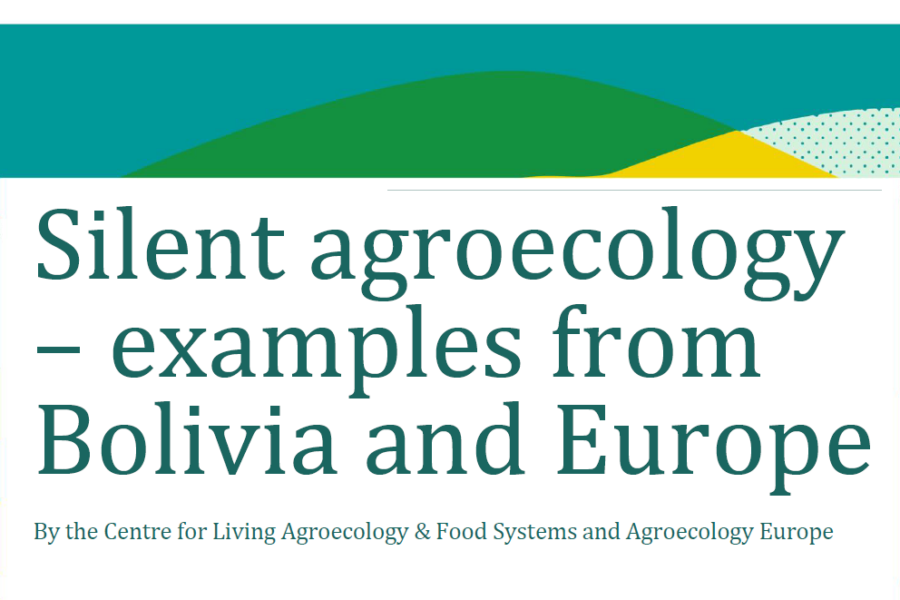
As part of her PhD, co-supervised by ISARA and the CNRS, Lucile Sainmont is carrying out participatory research in the surrounding of Lyon to identify varieties of seed legumes (lentils, peas and beans) suited to local organic farming, climate change and the needs of collective catering in the Lyon metropolitan area.
Seed legumes, more commonly known as ‘pulses’, can play a key role in the agro-ecological, food and energy transitions in our regions, thanks to their ability to enrich the soil with nitrogen and their nutritional value. However, their varietal diversity remains very limited: in France, for example, the lentil variety Anicia dominates 80% of the market. Yet having a wide range of varieties is one of the major levers for adapting to the profound upheavals to come, including the rapid global warming observed in Lyon.

The project brings together a wide range of stakeholders, including scientists, farmers, local authorities and health and catering professionals, to address this research topic from a multidisciplinary perspective.
After collecting 110 seed samples from conservatories (including farmers’, heirloom and wild seeds), 35 representative varieties were cultivated at the Centre de Ressources de Botanique Appliquée (CRBA – Centre of applied botanical resources), the project’s primary partner, as well as on the farms of organic producers in the region. These trials evaluated the agronomic, morphological, and nutritional performance (protein and mineral content) of the tested varieties.
Alongside these trials, meetings are being organized between stakeholders to collectively identify the criteria that these seed legume varieties should meet to fulfill the requirements of their cultivation, processing and consumption.
This participatory research work is paving the way for crops that are better adapted to local conditions, contributing to a healthier and more sustainable food system for the people of the Greater Lyon.
Contacts : Lucile Sainmont, lsainmont@isara.fr ; Joséphine Peigné jpeigne@isara.fr; Marie-Thérèse Charreyre marie-therese.charreyre@univ-lyon1.fr


